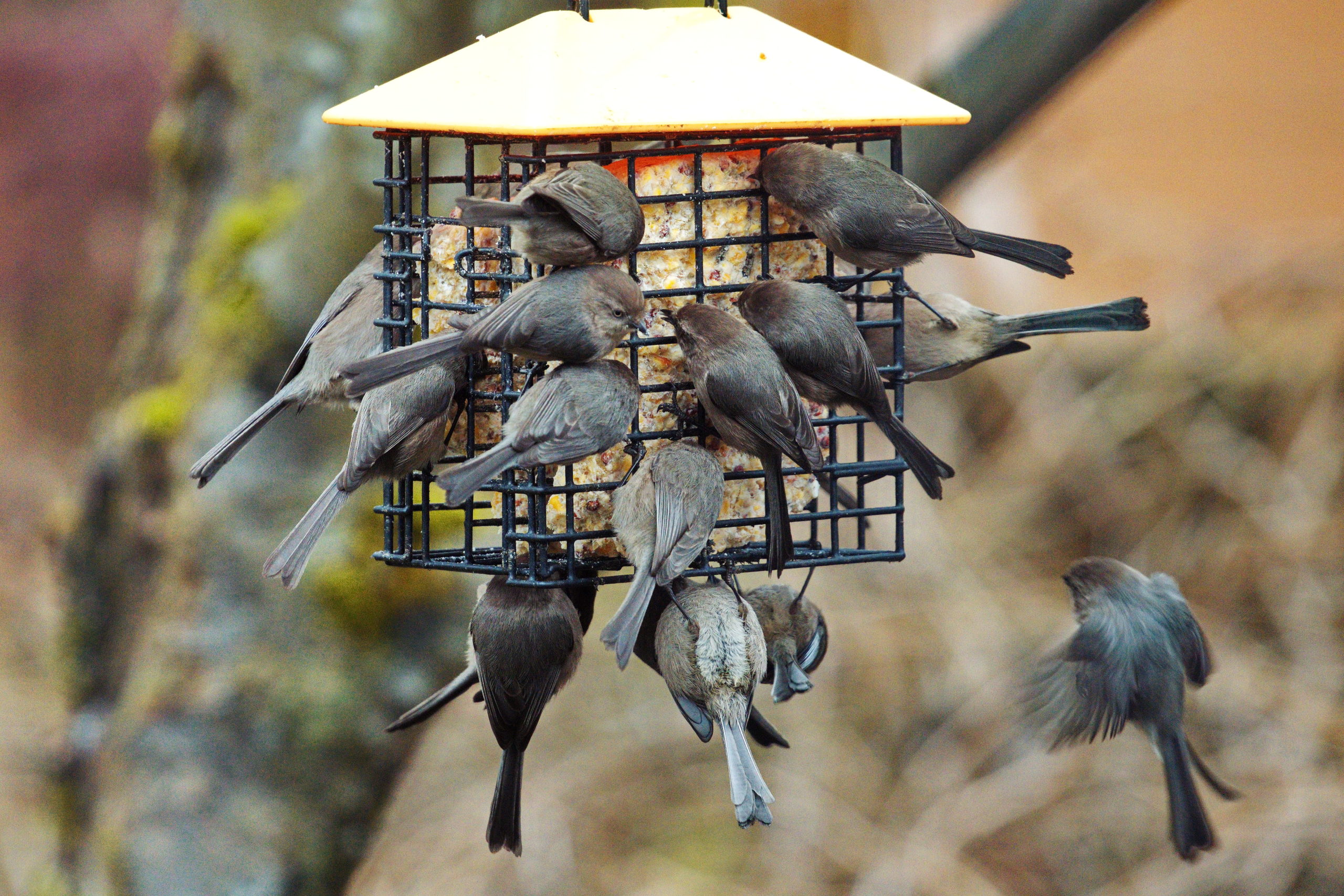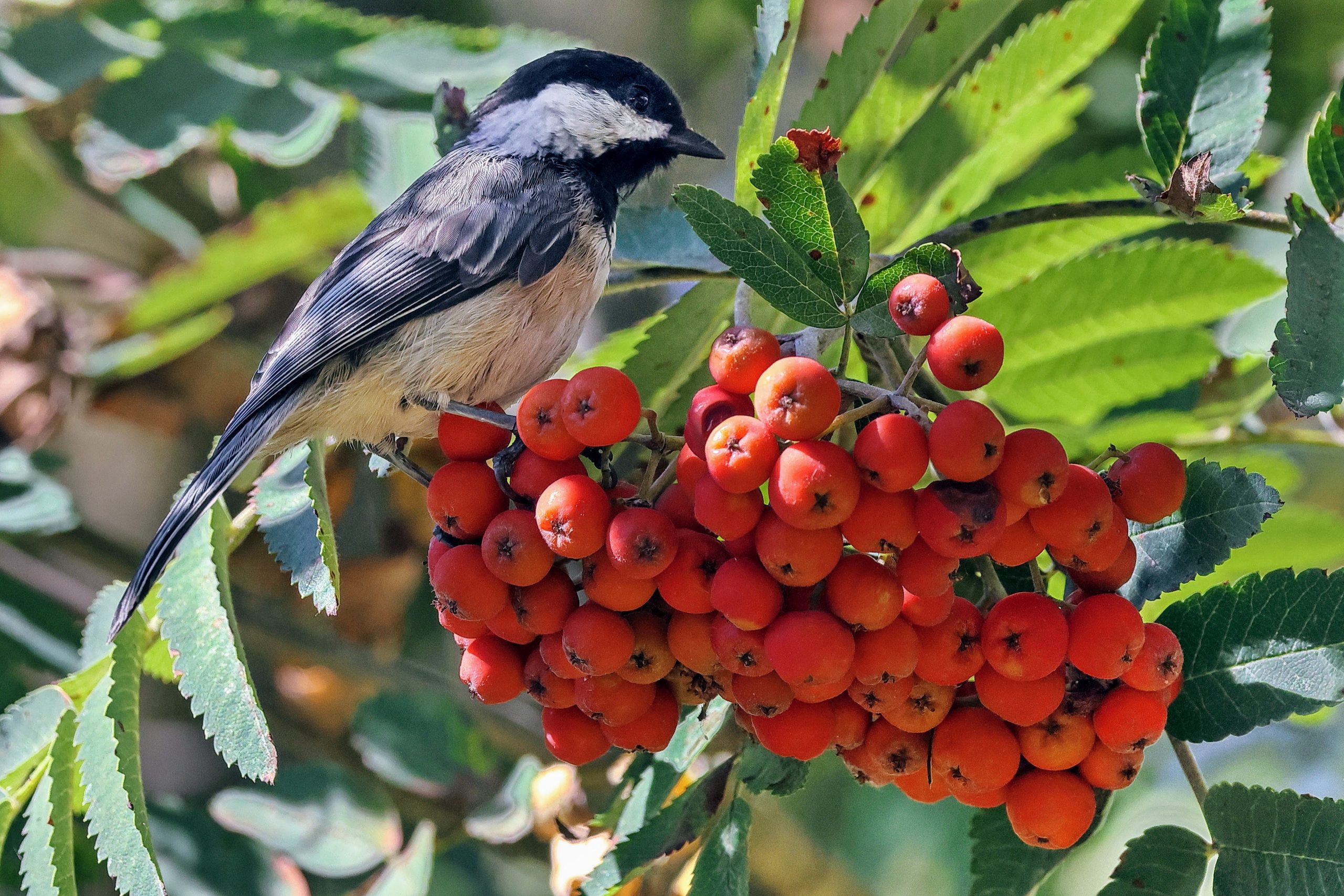Support Us
Since 1979 more than 140,000 animals have been treated by Wildlife Rescue.
Thanks to the support of individuals like you, Wildlife Rescue can provide a lifeline for animals in distress.
 Fall and Winter Bird Feeder Guidance Many of us like to give wildlife a helping hand by providing bird feeders over the cold fall and winter months. With various avian diseases spreading during these months, it is important to be... Read More
Fall and Winter Bird Feeder Guidance Many of us like to give wildlife a helping hand by providing bird feeders over the cold fall and winter months. With various avian diseases spreading during these months, it is important to be... Read More
 Now that spring is well on its way, many of us are looking to get started on the season's gardening so that we can enjoy a beautiful outdoor space all summer. You can get your backyard ready for yourself and... Read More
Now that spring is well on its way, many of us are looking to get started on the season's gardening so that we can enjoy a beautiful outdoor space all summer. You can get your backyard ready for yourself and... Read More
Hummingbirds – a crowd favourite, miniature acrobats that dart and dip, hunting for high-energy foods.
Although these tiny birds weigh less than a loonie (averaging between 3 and 6 grams), hummingbirds need to be almost constantly eating. Hummingbirds flap their wings 50 times or more per second in order to maintain their signature hovering flight. Undoubtedly, this requires an immense amount of energy. In order to fuel their flight, hummingbirds consume half their body weight in pure sugar every day!
Read MoreEssential to our environment, birds and bees are valuable contributors to our ecosystem. In fact, both species pollinate native British Columbian plants, flowers, and fruits while maintaining local plant diversity. With wild bee species declining at an alarming rate, it is no surprise that eight wild bee species are on Canada’s species risk registry, with three considered endangered after a large population loss. The recent heatwave and ongoing wildfires have created a hostile environment for wildlife, and already unstable species (like many birds and bees) are suffering because of this.
Read MoreDue to their friendly nature, Killdeer are unafraid of inhabiting urban areas – which can lead them to great harm. Sports fields, golf courses, and lawns are open spots that Killdeer love. Unfortunately, these man-made open fields often use pesticides and frequently mow to keep the grass at a satisfactory level, which can harm fledglings a great deal. Pesticides, when ingested, are dangerous – and the loss of insects because of insecticides can lower their chance of survival. When Killdeer lose insects, they lose a vital food source. As well, Killdeer often nest roadside, leaving them vulnerable to vehicle collisions.
Read MoreGlue traps are a pest control measure using glue as the method of trapping. The pest gets caught in the glue and then the trap is thrown away. There are two different types of glue traps; flypaper and glue-tray mouse traps.
While they seem simple, glue traps are one of the most inhumane methods of pest control. The animal, once caught in the trap, usually dies of starvation and dehydration over several days. The traps can also snare other wildlife. Since flypaper traps insects, insect-loving birds can become entangled in the flypaper while attempting to feed.
Read MoreDouble-crested cormorants make their nesting homes on the coastlines of southern BC. They are an iridescent greenish-black, with a bright yellow beak, and white tufts over their eyes during the breeding season. They like to hang out on rocky shorelines and dive for fish.
Read MoreIt is an irruptive year for Pine Siskins! Each Winter, these nomadic finches range widely and erratically across North America, their migrations heavily food driven. These past few months, dense flocks of siskins have been seen across the Pacific Northwest. It is believed that the staggering numbers of Pine Siskins are due to a shortage of food in the northern range of siskins in Canada’s boreal forest.
Read MoreCanada has a wide range of bird species. In British Columbia, we may host bird species for a longer period or at different times of the year, than other parts of Canada.
Read More
This time of year, wildlife needs your help more than ever. Whether it is because they are late migrators, cold winter snaps, or they just do not have enough body fat to stay warm.
We can do our part and help winter wildlife thrive in the winter months!